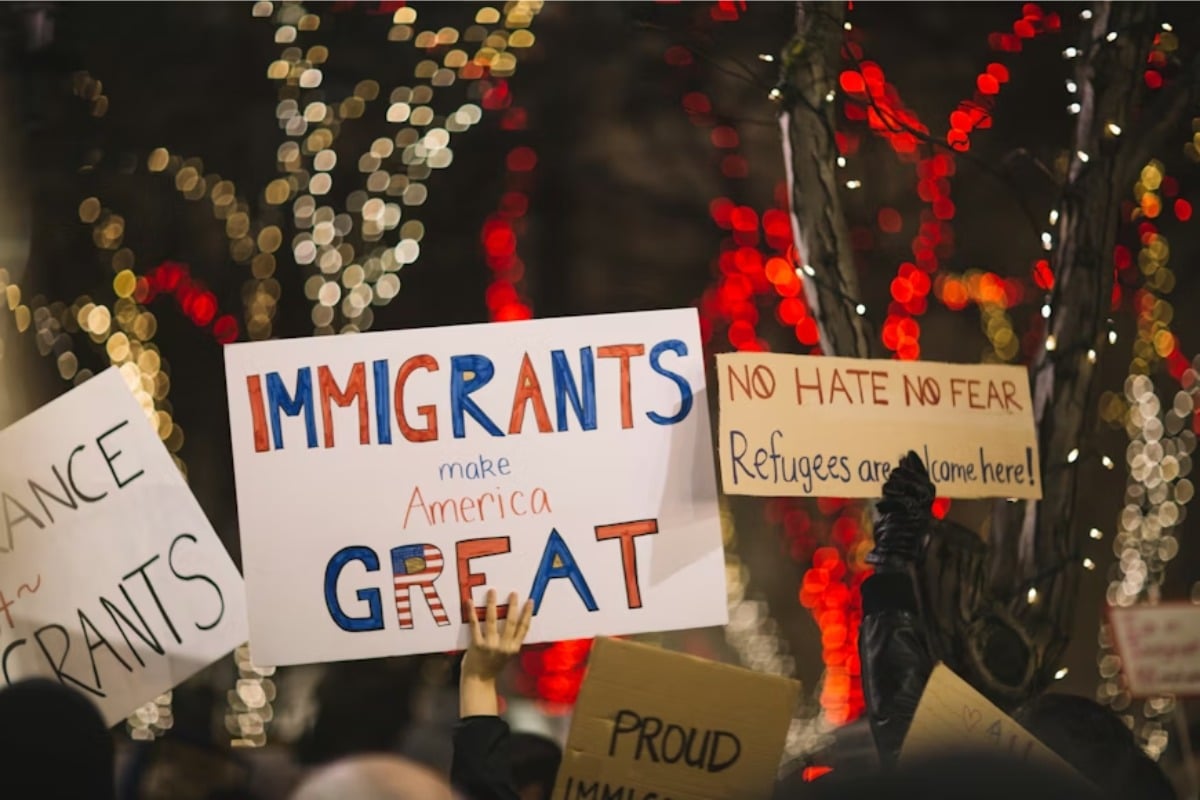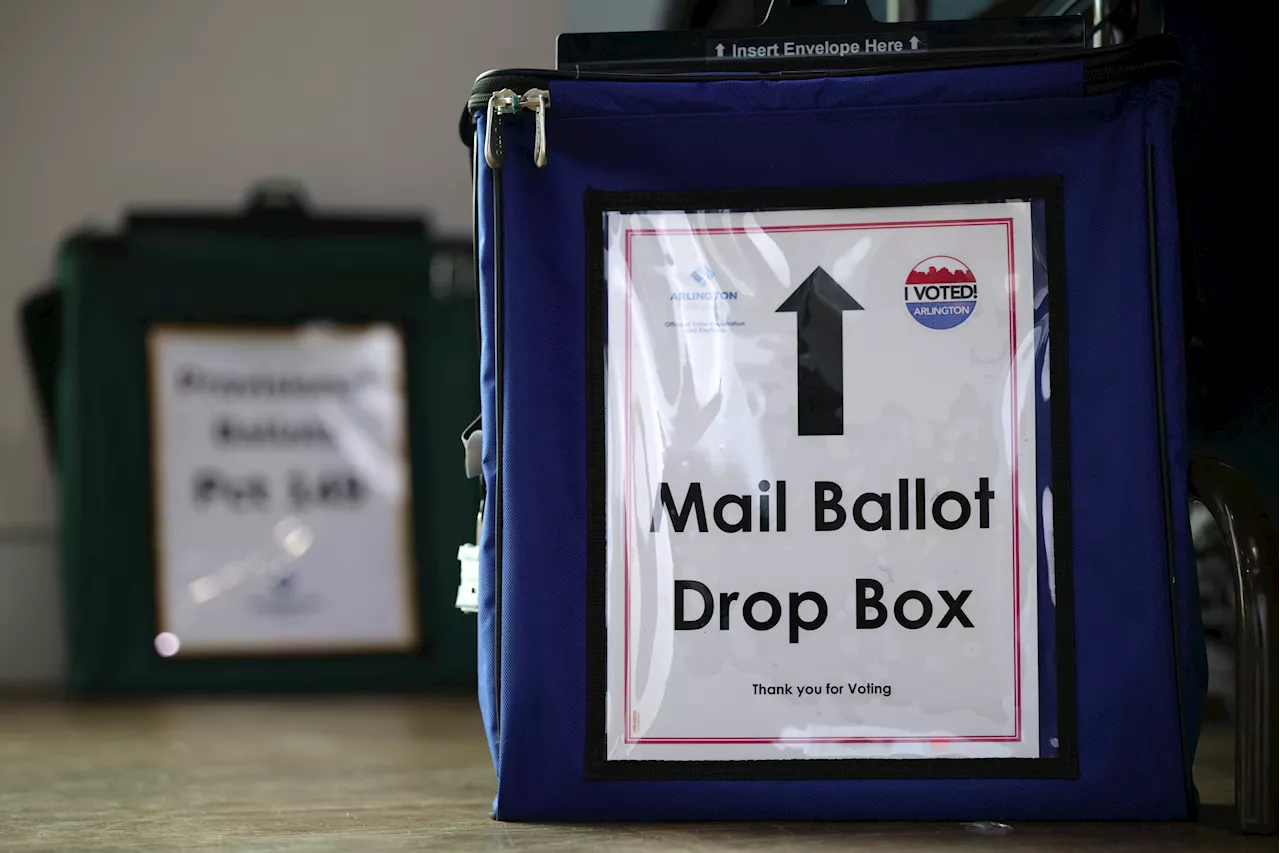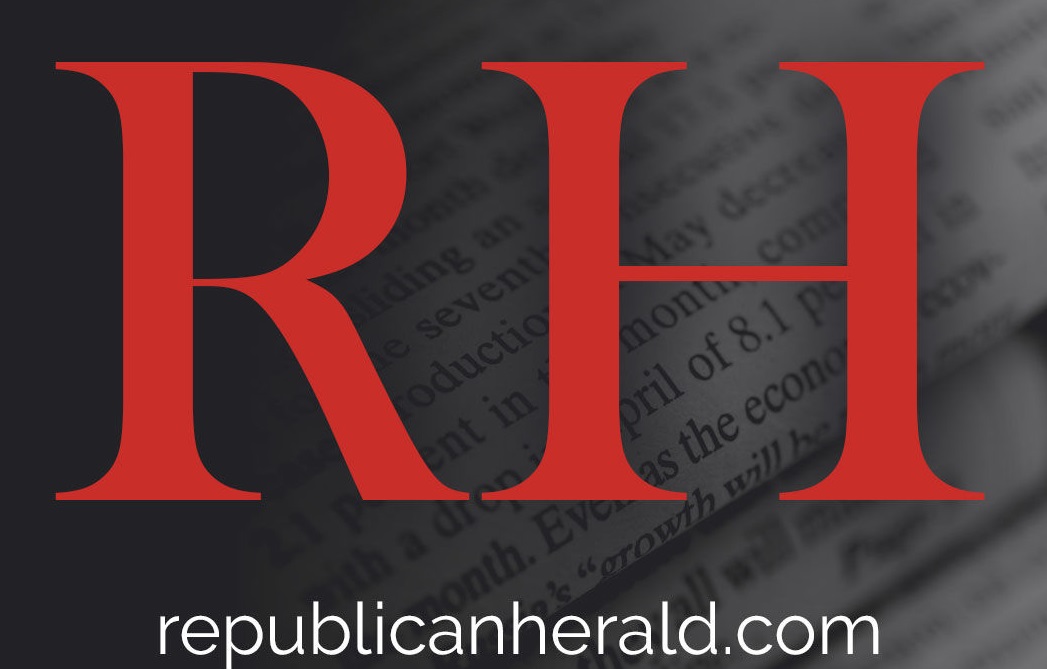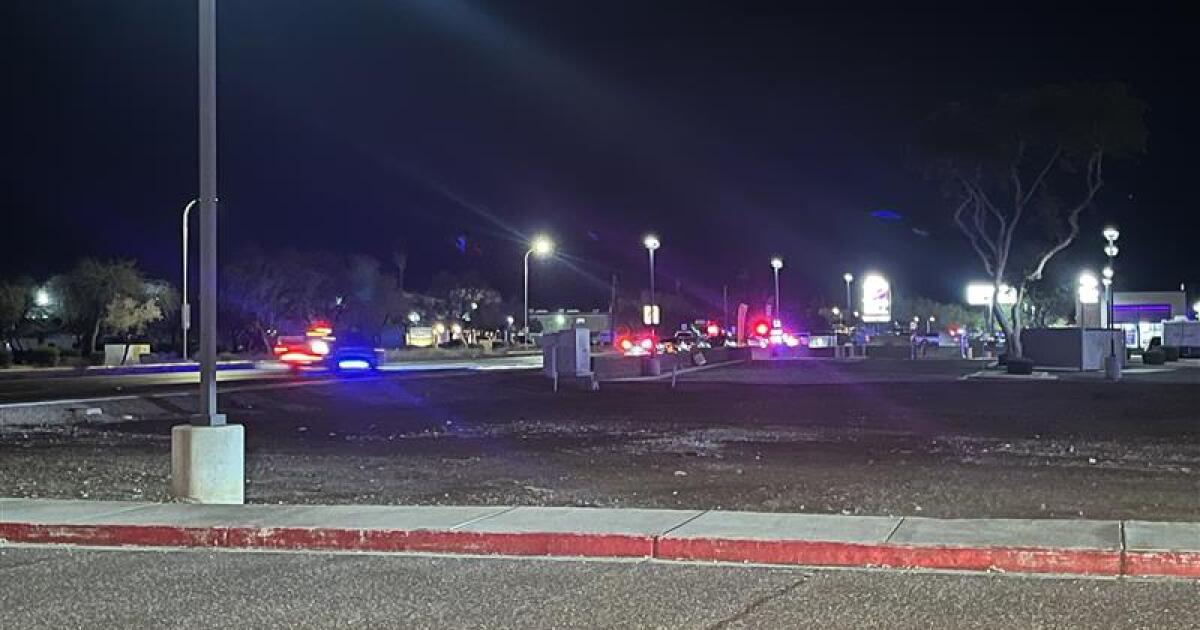
The government of Guam is considering a potential exemption from a new H-1B visa fee proposed by the Trump administration, which mandates a $100,000 fee for new applicants. This significant increase from the previous fee of $215 could greatly impact local businesses that rely on foreign professionals, particularly in sectors such as healthcare and engineering, where skilled workers are in short supply.
On September 19, 2023, President Trump signed an executive order that would take effect on September 21, 2023. The new policy stipulates that the increased fee applies only to new H-1B visa applicants and does not affect current holders. Krystal Paco-San Agustin, director of communications for the Governor’s office, stated that the executive order leaves room for national interest exemptions, which would be determined by the Department of Homeland Security.
“We believe Guam’s role in the nation’s defense—together with buildup-connected needs in health care, construction, and related industries—falls squarely within that definition,” Paco-San Agustin told the Pacific Daily News. “Congress also has a history of recognizing Guam’s unique circumstances and carving out exceptions for our island when national security is at stake.”
As businesses and workers express concern over the potential ramifications of this fee increase, the White House clarified on September 23, 2023, that the fee applies only to new visa applications and not to those currently holding H-1B visas. Karoline Leavitt, White House press secretary, emphasized that individuals already holding H-1B visas will not incur the $100,000 fee if they re-enter the United States.
The executive order also introduces a new $1 million “gold card” visa aimed at wealthy individuals seeking a pathway to U.S. citizenship. Critics have raised concerns that this move could face legal challenges, as it appears to circumvent traditional congressional approval processes. Leavitt reiterated that the $100,000 fee is a one-time charge applicable only to the petition itself.
The office of Guam’s congressional delegate, James Moylan, has expressed its commitment to understanding how this policy could affect the territory. Moylan’s office is actively engaging with federal agencies to clarify how the new policy may impact critical sectors, including healthcare.
“While we await clarification, please know that Congressman Moylan is actively engaging with the relevant agencies to ensure Guam’s concerns are heard and considered,” Moylan’s representatives stated. The office has sought formal responses regarding the implications for H-1B workers currently residing in Guam.
According to data from U.S. Citizenship and Immigration Services, most H-1B petitions approved in fiscal 2024 were for roles related to computer science, architecture, and education. Critics often argue that overseas workers are willing to accept lower wages, yet the median annual compensation for H-1B petitions approved in 2024 was approximately $120,000.
Paco-San Agustin acknowledged the uncertainty surrounding the new policy, stating that more detailed guidance will be forthcoming. “What we know now may change as federal guidance documents are written, scrutinized, and further defined,” she said.
The H-2B visa program remains Guam’s largest source of foreign labor, primarily supplying workers for construction and military buildup projects. Paco-San Agustin confirmed that the new executive order does not affect the H-2B program, which predominantly serves less specialized roles.
“While H-1B workers are fewer in number on Guam, we know this announcement has caused worry among families, workers, and businesses alike,” she added. “Workers already here should not see their status disrupted.”
Guam Labor Director David Dell’Isola noted that his department does not track the number of H-1B visa holders in Guam, as the program falls under the jurisdiction of the U.S. Department of Labor. Both the Governor’s office and Moylan’s office have pledged to gather further information regarding the implications of the executive order.
“Our commitment is to ensure that Guam’s families and economy remain strong. We will keep the public updated as federal guidance develops, and we will not stop working until Guam’s interests are safeguarded,” Paco-San Agustin concluded.







